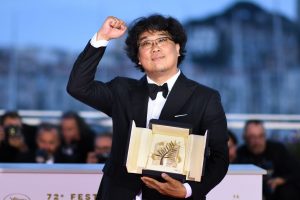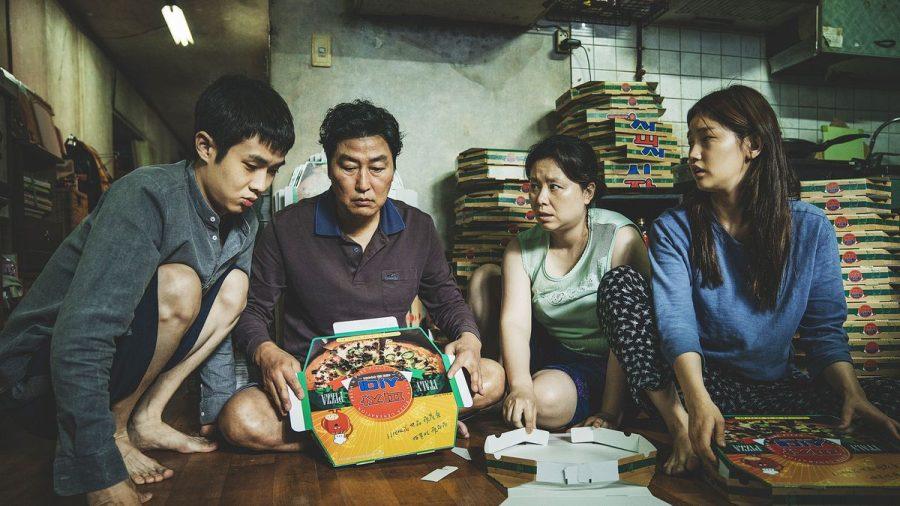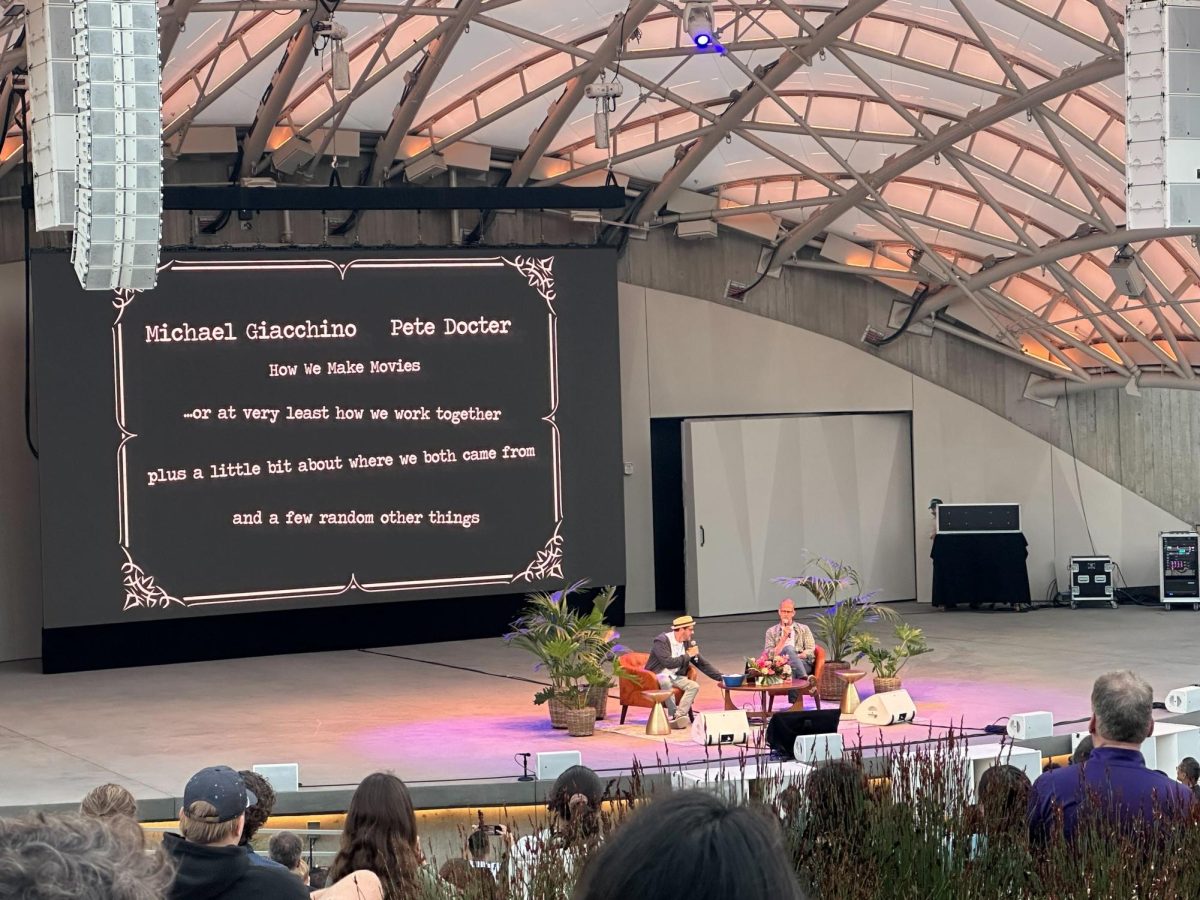“Parasite,” a genre-bending nightmare about class antagonism, is director Bong Joon-ho at his best.
After Bong Joon-ho won the Palme d’Or at the Cannes Film Festival earlier this year for “Parasite,” he returned to his home country of South Korea as a national hero. It’s hard to believe that Bong’s is the first Korean film to have ever won the prestigious award — the auteur was part of a generation of visionary Korean directors coming out of the late ‘90s with insane visions of filmmaking that imploded the logics of genre and film culture as it was. Yet, in spite of “Parasite”’s inevitable arthouse success, as well as Bong and lead actor Song Kang-ho’s renowned abilities, who could have expected such success and cultural crossover for a Korean film to take place with mainstream audiences? Perhaps this is a testament to the universality of Bong’s tragicomedy masterpiece (and it is a masterpiece) — a nightmarish social fairytale and Marxist political documentary on class and the people suffering under its divisions.

The film begins in a shoddy basement apartment with socks hung out to dry and son Ki-woo (Choi Woo-shik) dismayed that the free Wi-Fi his family has been leeching off of is now protected. It is here that the Kim family makes a living packing pizza boxes, barely able to survive, taking advantage of their open windows to let public fumigation gas permeate into their apartment in order to avoid any nonessential expense. So when Ki-woo’s friend Min (Park Seo-joon) offers Ki-woo his role as an English tutor for the extremely wealthy Park family, Ki-woo carefully devises a plan to infiltrate the family’s ensemble of private workers. This proves rather easy, as the Park family, so preoccupied with themselves and so divorced from the social world around them, relies so deeply on the labor of others that when one position is left open, it must immediately be filled. But just as what seems to be a black comedy heist flick takes form, as more family members manipulate their way into the Park family’s employment network, in a single instant, everything earned comes crashing down — surely nothing good comes so easy, especially in Bong’s films.
What follows is an unrelenting and grotesque mutation of genre into social horror, taken to so many places and to such Shakespearean heights that by the time it’s over, it’s impossible to think it almost entirely takes place within one space.
Bong first developed a concept of the plot during post-production for “Snowpiercer,” but he asserts the idea was something that already existed inside him. In interviews, he cites an experience as a college student in which he worked as a tutor for a family whose extravagant wealth parallels that of the Parks, singling out one moment in which his student shows off his family’s private sauna. Here, Bong describes being overcome with a feeling of impropriety, as an outsider crossing over an unbreachable line of class division — to, for such a brief moment, occupy a space in which you so deeply feel you cannot be in.
It is this same feeling of impropriety that is at work not only in the film’s marketing slogan — to “act like you own the place” — but also in the architectural mapping of the Park home itself. It’s within this marvel of modernist design, with all its glossy surfaces and sharp lines, that a subversion of this structure of feeling takes place — an invasion that works on both literal and metaphorical levels of hidden space inside the home. The Park family, with all their wealth, and so oblivious to their surrounding environment, lets an entire family slip between the cracks, both in the furniture of their lives as well as the ones literally built into the walls. It’s only through an extreme excess of land and space that such hiding may take place (as opposed to the Kim family’s semi-basement apartment where nearly everything is laid out in plain view) — the rich family creates the conditions for their own entrapment by virtue of their grotesque wealth. Capitalism sows the seeds for its own destruction and the vampire gets a taste of its own blood.
But the taste is just a taste. Revolution isn’t so straightforward, and Bong knows this. For a director whose underdog protagonists always confront insurmountable forces head-on, often scrambling to make something happen, it is here, as everything falls apart, that Bong leaves us with a second half so bleak that it can only be read as a declaration of capitalism’s obsolescence and the need for its disposal. Song Kang-ho, reviving his professional relationship with Bong, proves once more that he’s one of the greatest actors working today, with his virtuosic and tragic performance as father Ki-taek. As the family’s linchpin, it’s only when he reveals his complete despondency to having lost everything that we realize there is nowhere for them to go, no other option but to struggle without aim. This is not just pessimism — it’s a coming to consciousness of the contradictions of capitalism in a country whose “miracle” of economic success has depended on the suffocation of its working class via decades of neoliberal adjustment.
This is an auteur working at the height of his creative powers, proving once again just how special of a talent he is. Bong is a director consistently responding to the material conditions of social life, from the anti-colonial satire of U.S. occupation in “The Host” to a near hopeless critique of the late-capitalist dystopia of factory farming in “Okja” and finally, a fully-realized insinuation of class warfare in “Parasite.” This is Bong Joon-ho’s magnum opus, an upstairs-downstairs scheme played to the key of class resentment, and executed in the most exciting way possible.
Grade: A+
Rating: R
Director: Bong Joon-ho
Cast: Song Kang-ho, Lee Sun-kyun, Cho Yeo-jeong, Choi Woo-shik, Park So-dam
Images courtesy of Polygon and South China Morning Post.














